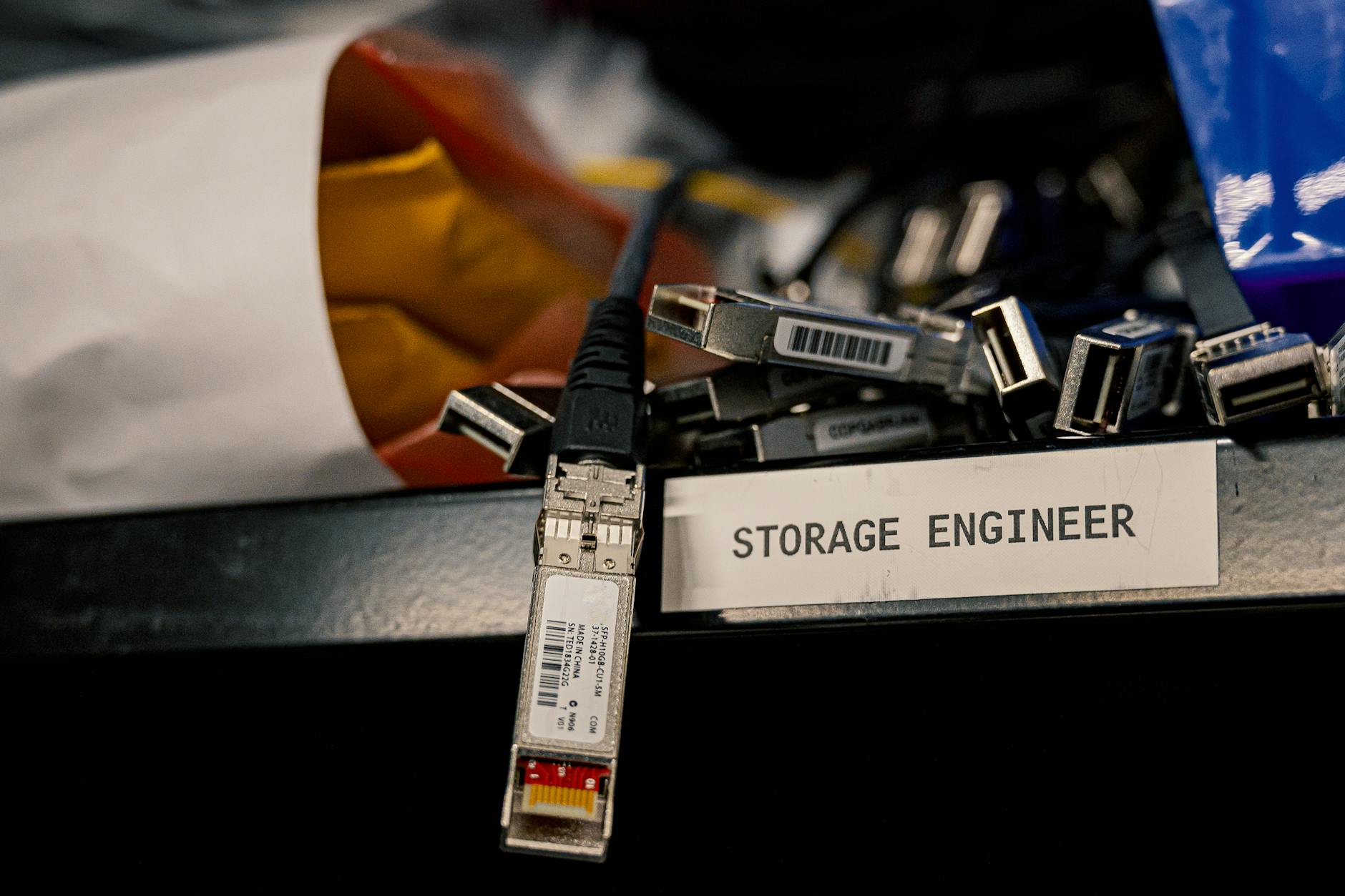How Australia’s Internet Options Support Creative Digital Nomads

Assessing Internet Needs
Alright, mates! Let's talk about figuring out what you really need when it comes to internet connectivity in the vibrant Brisbane locale. Picture strolling through the Gallery of Modern Art; it’s the same clarity and expression you want for your home network. Whether it's streaming the latest nature documentaries or keeping in touch with mates over social media, you need a plan that aligns with your lifestyle. Trust me, delving into your daily routines and activities is akin to prepping your skin for the perfect makeup application.
Understanding Usage Patterns
It's essential to identify how frequently and intensely you'll use the internet. Maybe you're an eco-conscious urban dweller who enjoys immersing yourself in captivating documentaries or engaging with sustainable living communities online.
Streaming and Connectivity Demands
Reliability is key when you're streaming content, especially if you're a Brisbane native appreciating the wonders of the environment through vivid documentaries. Opt for the Starlink Australia if you're all about high-definition video quality without the buffering drama.
Evaluating Data Requirements
Let's not forget about data! It's as crucial as choosing the right foundation shade. If your activities are light, like checking social media or emailing, a home wireless broadband might suffice. However, for consistent streaming and virtual hangouts, you’ll want something more robust.
Balancing your internet needs is akin to balancing your daily makeup routine—knowing where to highlight and where to keep it simple can make all the difference. Remember, just as you'd look for cheap internet plans that don't compromise on quality, you should seek the perfect harmony in your internet setup.
Exploring Internet Types
Fixed Wireless Options
When diving into fixed wireless options, it's essential to understand the nuances of this internet type, particularly if you're navigating the tech landscape in sunny Brisbane. Fixed wireless nbn offers a reliable connection choice for those located in areas with limited cable infrastructure. It's a bit like finding that perfect foundation shade that blends effortlessly with your skin tone—simple yet satisfying. This option delivers broadband internet through radio signals, making it a suitable choice for many in our vibrant city.
What sets fixed wireless nbn apart is its capacity to provide stable internet without the need for direct cable connections. For Leo Thompson, who enjoys the gentle breezes at the South Bank Parklands during his morning jogs, this means less hassle with traditional cables and more time exploring Queensland's beautiful landscapes without interruptions.
Within Brisbane's buzzing environment, considering flexible internet plans is crucial. Many provide just the right balance between cost and functionality, much like a go-to nude lipstick that pairs with any look. It's essential for eco-conscious individuals like Leo, who values straightforward choices that cater to his digital lifestyle.
These fixed wireless options have significant merit for anyone seeking efficient and clear internet solutions tailored to urban living. From seamless connectivity to pocket-friendly internet plans, the fixed wireless nbn comes through as a reliable choice for anyone aiming to maintain a minimalist yet connected lifestyle.
Sustainable Internet Solutions
Exploring sustainable internet solutions has become more relevant for those of us who value both connectivity and the environment. In Brisbane, we're seeing significant interest in eco-conscious tech options, paralleling the vibrant art found at the Gallery of Modern Art. With the rise of nbn business satellite, more environmentally friendly and high-speed choices are available, especially for remote areas.
Let's dive into some of these initiatives, starting with green tech providers who are at the forefront of innovation. These companies work towards minimising the carbon footprint by utilising renewable energy sources like solar and wind. They offer tailored plans that fit a variety of needs without the financial pressure of unnecessary extras. This approach not only appeals to the eco-friendly but also supports the simplicity that individuals like me and my audience appreciate.
Besides, adopting eco-friendly practices is key. Providers that incorporate low-energy consumption equipment and promote recycling can make a big difference. You'll find these practices can even contribute to cost savings, aligning with sustainable living goals.
The use of renewable energy in home internet best deals further solidifies this eco-friendly approach. Opting for plans run on green energy can ensure that your choice harmonises with a commitment to sustainability, without complex jargon threatening your peace of mind.
Sustainable internet choices enrich our lives, proving you can stay connected without compromising your values.
Navigating Australian Internet Providers
Comparing Plans and Speeds
As someone who enjoys practical solutions that simplify life, finding an internet provider in my area is like the perfect highlighter for your skincare routine. It's crucial to match your online activities with the right download and upload speeds. For instance, if streaming nature documentaries in high definition is your thing, you’ll want speeds that can keep up without buffering. You'll find broadband plans offering varying speeds tailored to different usage needs, much like selecting a foundation shade that complements your complexion.
Long-Term Contracts vs. Flexibility
The desire for flexibility is perfectly understandable, much like the option to switch up your makeup with ease. Some providers offer long-term contracts with locked-in rates, while others provide month-to-month plans. Opt for flexibility, especially if you're uncertain about your long-term needs. It's like having a versatile eyeshadow palette that allows you to create day-to-night looks effortlessly.
Avoiding Hidden Costs
Let’s address the fine print, a bit like ensuring your eyebrow shape matches your natural arch. Hidden fees can sneak up, leading to an unexpected bill. From installation fees to equipment rentals, knowing what to expect will keep your budget on point. Consider VDSL2 technology if you're looking for a robust option that balances speed and cost without unwanted surprises.
Common Mistakes and How to Avoid Them
Overestimating Data Needs
When I first started diving into the whirlpool of internet plans, I vividly remember standing in the Queen Street Mall, feeling slightly overwhelmed by all the options. I often see beauty enthusiasts like us fall into the trap of overestimating data needs, believing that more is always better. However, pinpointing exact usage, especially if you're into streaming the latest makeup tutorials on YouTube, is crucial. Connecting with a reliable provider can help in selecting a plan that aligns with your streaming habits without going overboard, ensuring you don't end up paying for unused data. Remember, the key is balance—like perfecting your cat-eye flick.
Ignoring Contract Fine Print
We've all been there, so excited about a new service that we skim the details. It’s essential, though, to read your contract's fine print carefully. Many clients I chat with at the Gallery of Modern Art share tales of unexpected charges from skim reading those tedious terms. Look out for contract renewal terms, any added fees, or data throttling to ensure you're not caught off guard. It's not unlike swatching makeup at a boutique—you want to know exactly what you're getting before you commit.
Overlooking Tech Support Services
One underappreciated gem in an internet plan is the tech support service on offer. Much like setting up for a glam evening at the South Bank Parklands, having robust tech support is foundational to any fast internet plans you're considering. Quick assistance can make a world of difference when you're trying to livestream your latest application technique but encounter hiccups. Always check the provider's response time and availability, so you're never left hanging in the beauty of Brisbane's digital and physical landscapes.


